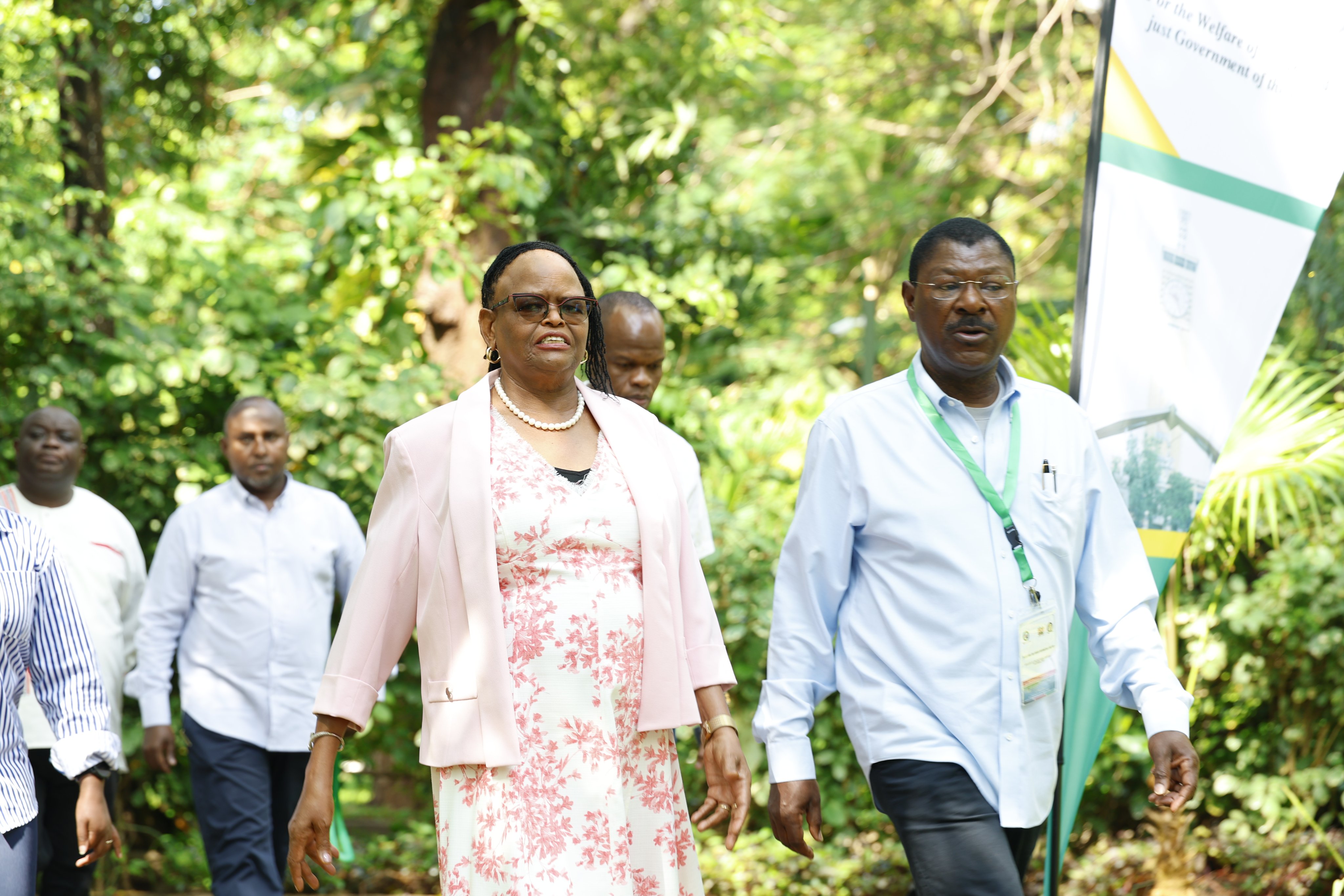

Chief Justice Martha Koome has said the Judiciary’s independence in making decisions must never be interfered with.
Speaking during a joint retreat of the Judiciary and the National Assembly in Mombasa on Friday, Koome explained that while state institutions can engage at an institutional level, judges must always remain free to decide cases without external pressure.
“We have institutional independence and decisional independence. At an institutional level, the arms of government can engage. However, decisional independence must always remain sacrosanct,” she said.
The CJ reminded leaders that their authority comes from the people and should be exercised in good faith and with integrity. She urged leaders to resolve disputes amicably to prevent citizens from suffering as a result of political disagreements.
Koome stressed that the retreat was not about weakening democracy but about strengthening accountability and unity in service to the country.
Her remarks came days after President William Ruto and Azimio leader Raila Odinga publicly criticized the Judiciary, with Ruto alleging that certain judicial practices were undermining the fight against corruption.
Speaking at the Devolution Conference in Homa Bay, Ruto claimed that “judicial innovations” such as anticipatory bail were being abused by suspects to evade arrest.
“I ask the judiciary not to be a haven for the corrupt to hide behind judicial decisions. We have innovations that are only available in Kenya, which allow a corrupt person or someone who has stolen public resources to avoid prosecution. Something called anticipatory bail is a Kenyan innovation that takes us backwards,” Ruto alleged.
He added that such practices frustrate the government’s anti-graft efforts, arguing that all institutions must work together in the fight against corruption.
Anticipatory bail is a legal provision that allows a person to seek bail in anticipation of arrest for a non-bailable offence. While critics say it shields suspects from accountability, courts have defended its use as a safeguard for fundamental rights.

























